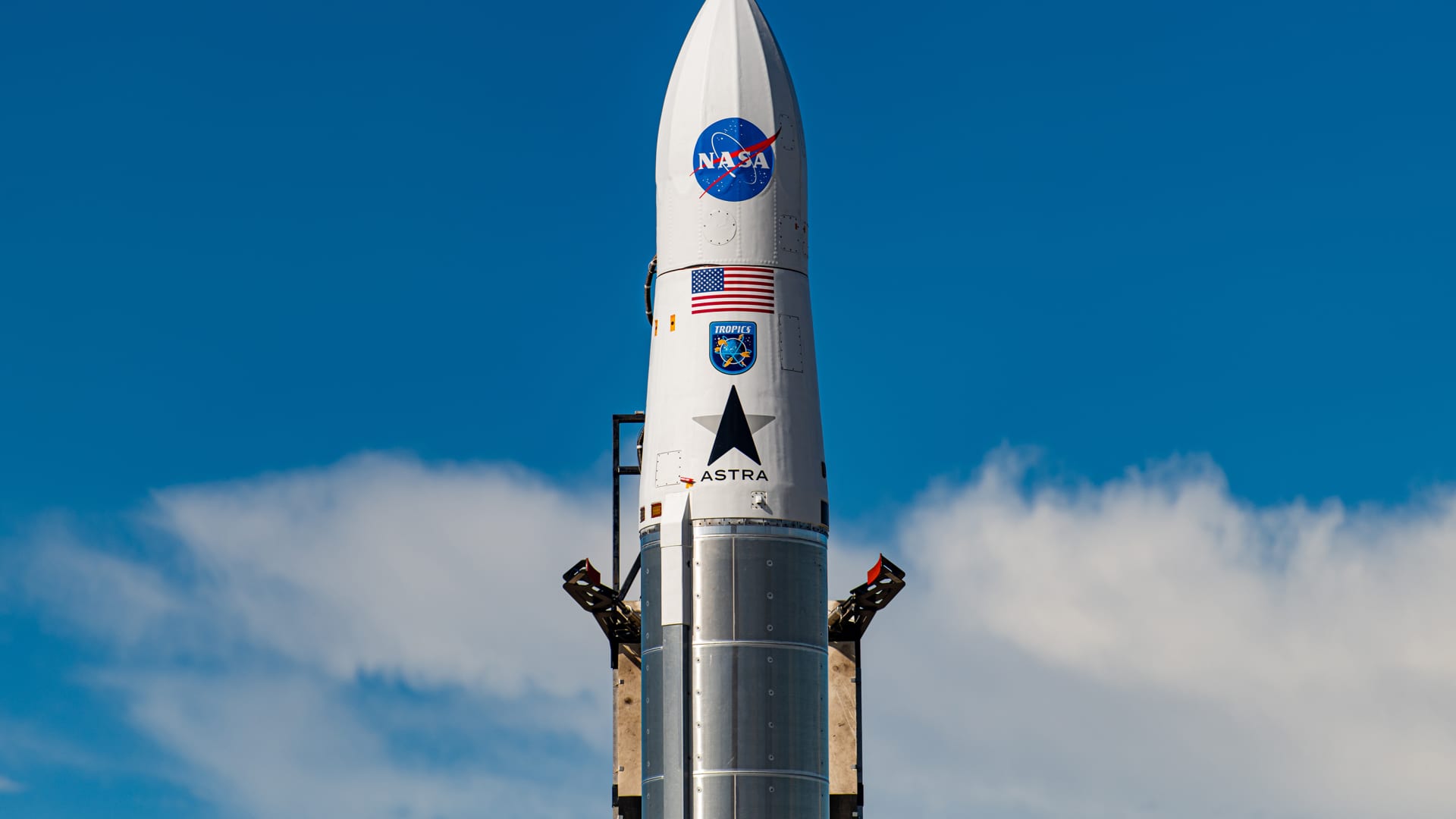
Astra, a space exploration company facing financial difficulties, revealed in a recent securities filing that it has defaulted on a debt agreement. The disclosure, made late on Friday, highlights the company’s struggle to maintain the necessary cash reserves as outlined in a $12.5 million note issuance agreement with High Trail Capital, an investment group based in New Jersey.
Last month, Astra encountered issues meeting the agreed-upon minimum cash reserve requirements on two separate occasions. Initially, the agreement stipulated that Astra needed to maintain “at least $15.0 million of cash and cash equivalents.” However, after failing to meet this requirement the first time, the liquidity condition was revised to a lower threshold of “at least $10.5 million of unrestricted, unencumbered cash and cash equivalents.” Despite this adjustment, Astra fell short of compliance for a second time, resulting in an $8 million obligation on the principal amount invested.
Amid these financial challenges, Astra is actively engaging with several potential investors in hopes of securing additional funding. However, the company has acknowledged the uncertainty surrounding these efforts, stating that there is no guarantee of finalizing any transactions promptly or at all.
The news of Astra’s financial difficulties had a negligible impact on its stock price in after-hours trading, which remained roughly stable at about 92 cents per share. In an attempt to avoid being delisted from the Nasdaq, Astra executed a 1-for-15 reverse stock split in September, which temporarily elevated its stock price above the $1 threshold.
In a move to streamline its operations and focus on spacecraft engine production, Astra announced a workforce reduction of 25% in early August. The company is scheduled to announce its third-quarter financial results after the market closes on November 13.





